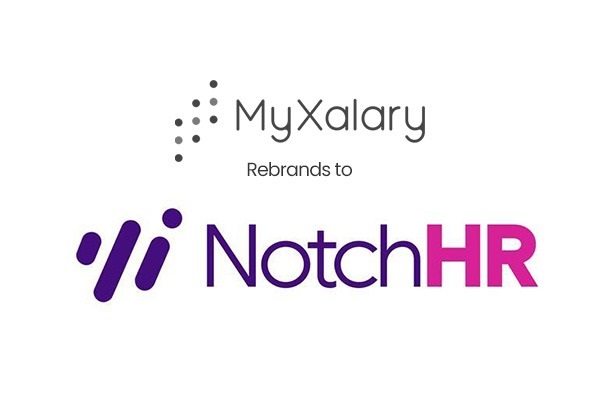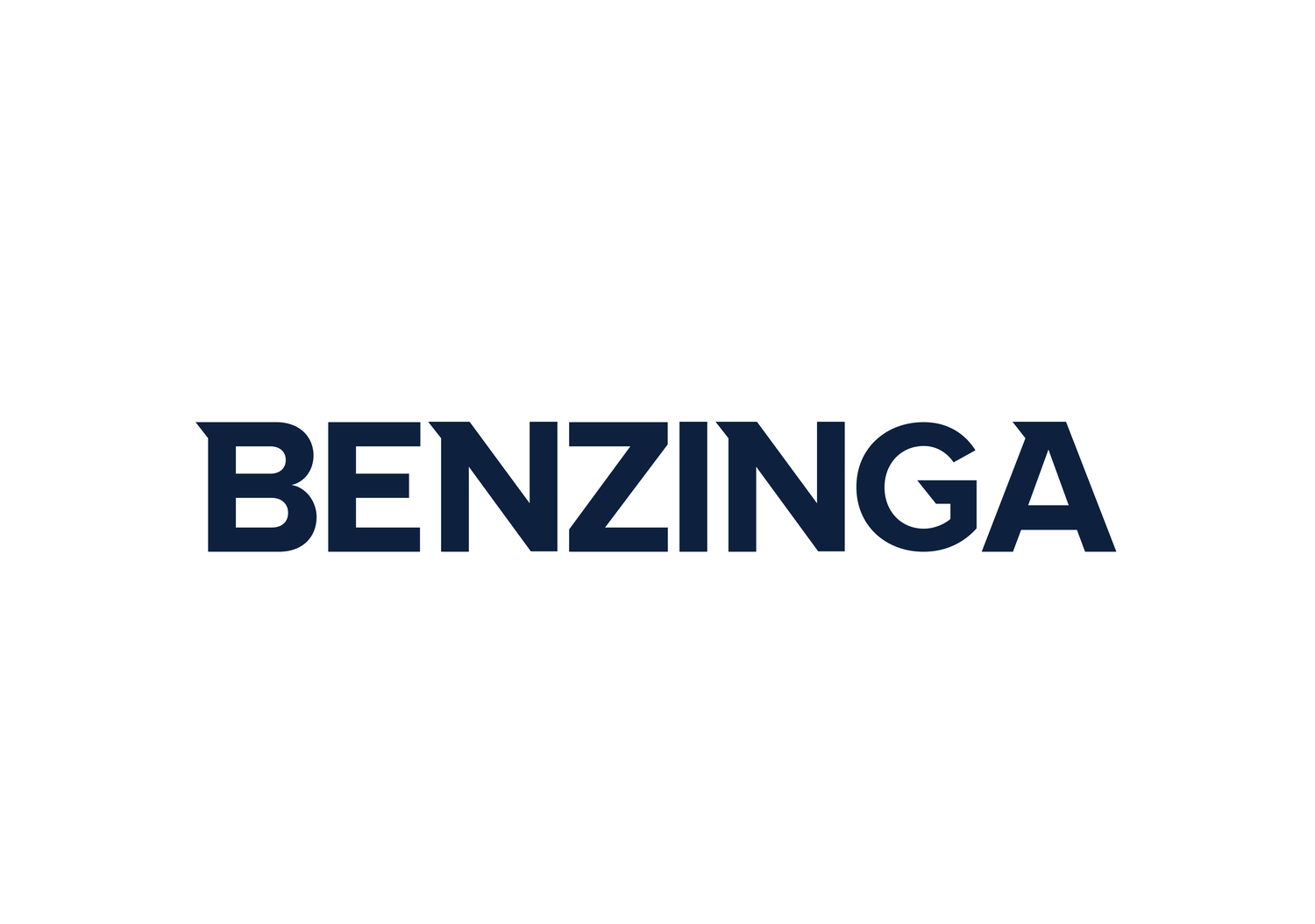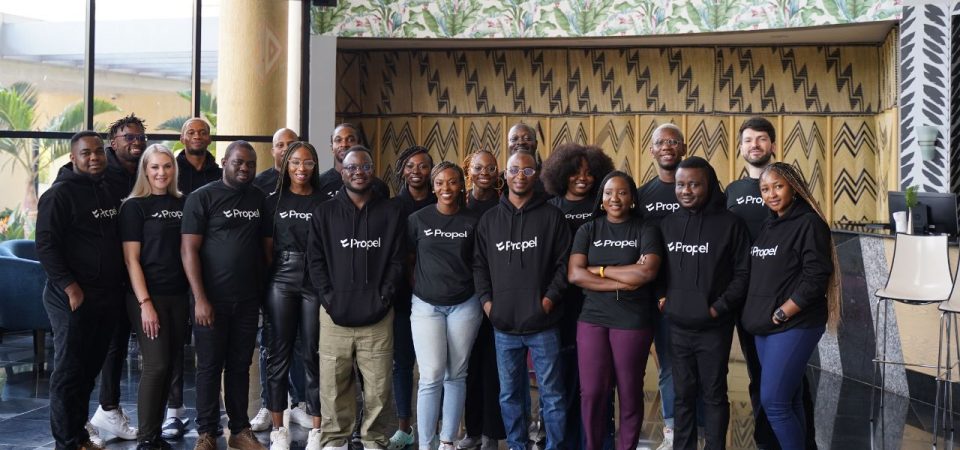Workpay, a Kenyan HR and payroll startup, raised $5 million in a series A funding round led by Norrsken22, a pan-African venture capital company. Global payments giant Visa also participated in the round.
The round included current investors Y Combinator, Saviu Ventures, Axian, Plug & Play, Verod-Kepple Africa Ventures, and Acadian Ventures.
With this investment, Workpay plans to grow its operations and improve its platform, which manages payroll, HR, and employee benefits for African businesses.
Read also: TSION unveils innovative strategies to boost business growth
Expanding Horizons: How Workpay Plans to Innovate
Paul Kimani, CEO of the company, said the new funding will be used to expand its financial services offering (exploring new products to improve how employers and employees interact with salaries), improve its performance management tools with AI to help businesses manage their teams, and grow its workforce.
According to him, Customers’ changing needs have led us to extend from payroll to full-stack HR. We may also add financial services to our HR services. Since we pay firms’ employees, we can now offer medical and auto insurance and partner with providers for loans, savings, and investing. We can address our customers’ and workers’ needs with a more complete solution.
Notably, Kimani, who co-founded Workpay with Jackson Kungu (COO), sees a significant opportunity for market leadership in Africa, having built the tech and non-tech infrastructure to enable it to scale
We have connected with almost every company that handles funds to send money to as many African countries as possible. Being non-tech means that we have a presence in these countries and work with partners who help us follow the rules, which is very important, he said.
Read also: IHS Nigeria and UNICEF launch a digital impact initiative
About Workpay
Since its founding in 2019, Paul Kimani’s HR and payroll business, Workpay, has increased. Cloud-based payroll, HR administration, compliance, and employee benefits applications help businesses across Africa streamline their procedures. Workpay has helped over 700 firms and processed over $200 million in payroll since 2021, growing its income and customer base yearly.
After raising $2.7 million in a pre-Series A round last year, the company said it would use the latest round of funding to start doing business in 40 countries. Investments from well-known backers, such as Y Combinator and several venture capital companies, have helped Workpay proliferate.
The startup expansion strategy highlights the increasing demand for HR tech solutions across Africa, especially as remote work and cross-border employment become more common. With its ambitious plans and strong financial backing, Workpay is well-positioned to continue leading the HR tech space in Africa.



